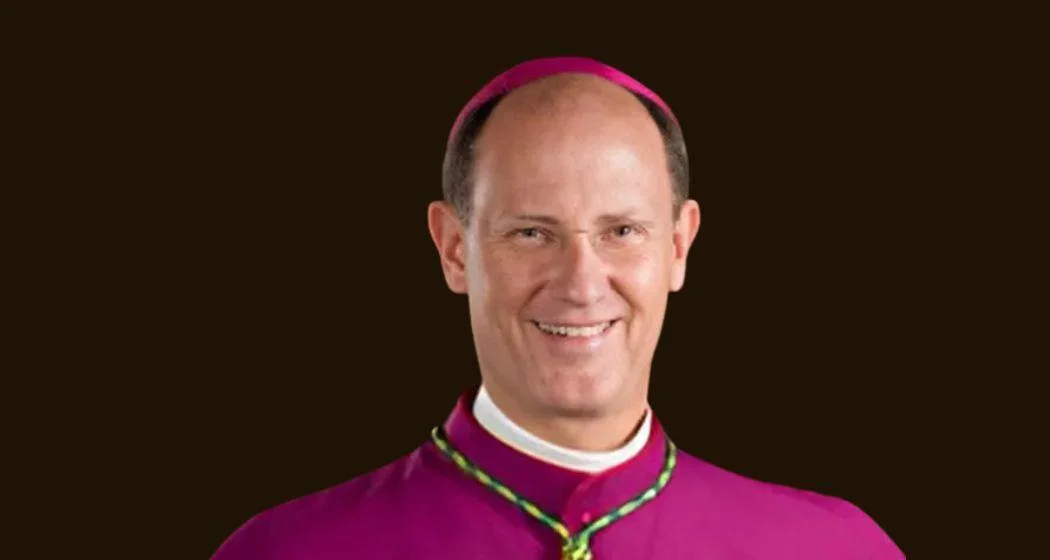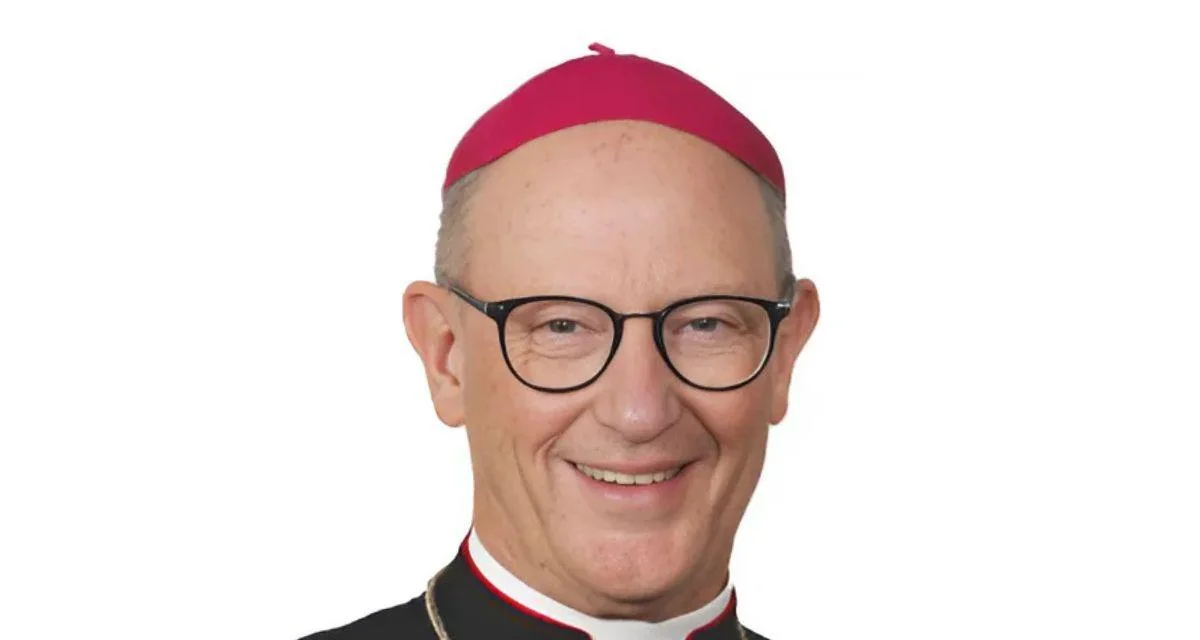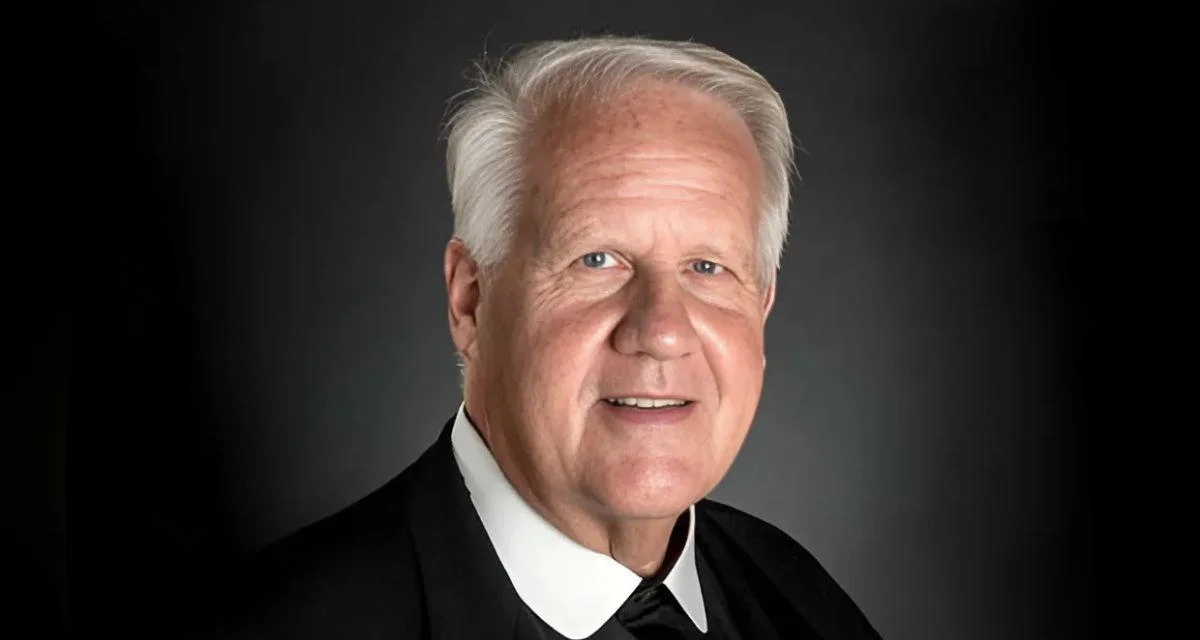
Bishop Edward J. Weisenburger | Diocese of Tucson website
In a recent interview, Pope Francis expressed his personal hope that hell is empty, but acknowledged that it is difficult to imagine. The comment has sparked a range of reactions, from those declaring that the Pope has decreed hell is empty to others offering more nuanced responses.
Catholic speaker Chris Stefanick highlighted that while God desires the salvation of all, Scripture explicitly warns that many will not be saved. On the other hand, Father Joseph Krupp questioned why some would hope for hell to be full, suggesting it is a disturbing sentiment.
The topic of hell has always been a thought-provoking and controversial one. Father Patrick Briscoe, reflecting on the Pope's comment, shares the sentiment of hoping hell is empty, but recognizes that there is enough evidence in Scripture and tradition to give one pause. He explores this evidence and the teachings of Jesus and St. Paul.
Jesus himself warns in the Gospels about the attachments that can prevent people from experiencing the joy of heaven. He emphasizes the need to prioritize our relationship with God over our own desires. Furthermore, Jesus speaks of a judgment that will come on the last day, where those who have ignored the teachings of the Gospel will be separated from God and face eternal fire.
St. Paul also frequently writes about the possibility of damnation, and the book of Revelation vividly describes the torments that await those who reject God. The church has long taught that love of God is incompatible with grave sin, and those who refuse to repent will face eternal punishment.
St. Thomas Aquinas further supports the concept of eternal punishment, stating that just as the fallen angels cannot be restored, neither can humans after death. Therefore, the punishment of the damned will have no end.
Father Briscoe acknowledges that while he hopes those who have committed grave sins have repented, he does not believe it to be likely. He cites the examples of individuals who have caused harm, preyed on the innocent, and committed countless crimes that cry out for justice. Their actions suggest a rejection of God's love and a refusal to repent.
In conclusion, Pope Francis expressed a personal hope that hell is empty, but it is important to consider the evidence presented in Scripture and tradition. The teachings of Jesus, St. Paul, and the teachings of the church suggest that the possibility of eternal punishment for those who reject God's love exists. While it is natural to hope for the salvation of all, the reality may be different. As Father Briscoe admits, "I hope I'm wrong."



 Alerts Sign-up
Alerts Sign-up